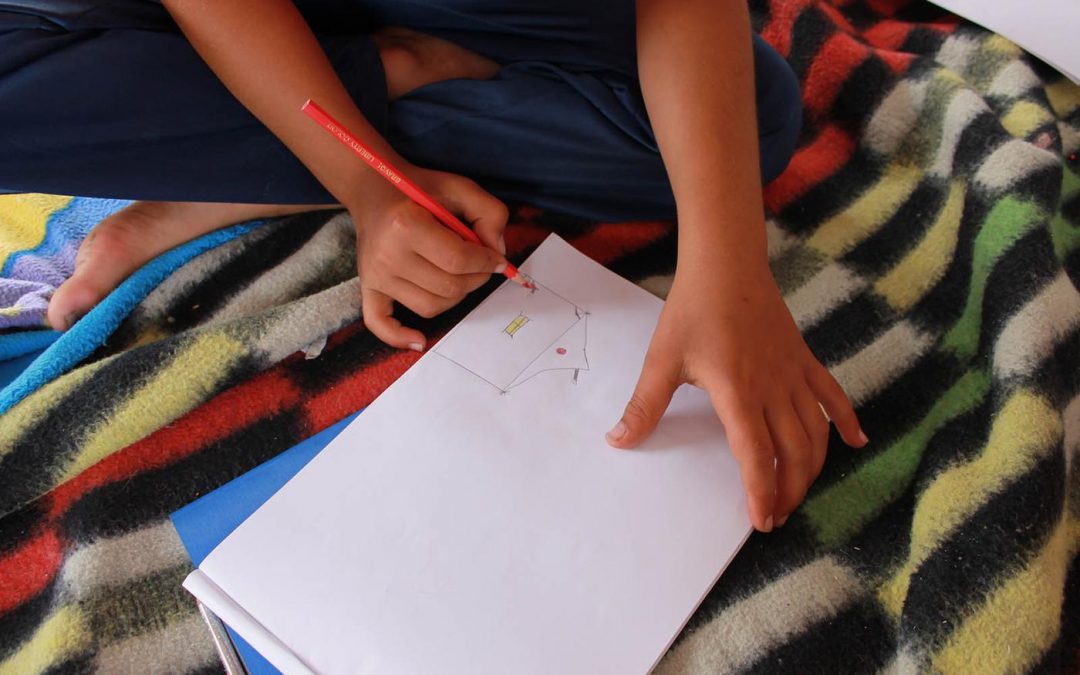On 20 June, ECRE published an Information Note on Family Reunification for Beneficiaries of International Protection in Europe, providing an in-depth overview of some of the most pertinent legal aspects of family reunification within Europe. In particular, it addresses the applicable legal framework for family reunification in international and EU law, and highlights relevant national and European jurisprudence.
The Information Note highlights that various EU Member are increasingly imposing stricter rules and regulations on beneficiaries of international protection when they apply for family reunification. It also emphasises that family reunification should be used as a safe and legal channel to the EU, which shows solidarity to Member States of first entry into the EU.
According to the Information Note, beneficiaries of international protection face several obstacles to effectively access family reunification:
- Beneficiaries of subsidiary protection can be subjected to more restrictive conditions such as waiting periods and income requirements. This not only ignores their particular circumstances but also creates an arbitrary distinction between refugees and beneficiaries of subsidiary protection. Instead, States should grant similar rights concerning the family reunification of refugees and beneficiaries of subsidiary protection.
- Family reunification can be limited to ‘core’ family members. This practice does not take into account the special circumstances of forced displacement or the wide cultural differences of the concept of a family. States should adopt an individualised approach and examine the close personal ties between family members. The report highlights numerous incidents where this has occurred.
- Unrealistic or over rigid document requirements. Beneficiaries of international protection are not always able to obtain the necessary documentation because of the current situation in their country of origin. For this reason, States should adopt procedures that account for the difficulties faced by beneficiaries of international protection.
- Delays in the administration of the application and unrealistic time limits to submit an application. The note examines the guarantees that can be used to challenge a lengthy delay in a family reunification decision. In addition, it highlights the need to carry out an individualised assessment, noting that in some incidents a short time period to submit a family unity application may be impractical or impossible to meet.
The Information Note concludes that beneficiaries of international protection are still in a very precarious situation when they are granted international protection and that ensuring effective access to family reunification will greatly assist with the integration into society. States should therefore protect the right to family reunification of beneficiaries of international protection by giving due importance to their fundamental rights.
This article appeared in the ECRE Weekly Bulletin of 24 June 2016. You can subscribe to the Weekly Bulletin here.

